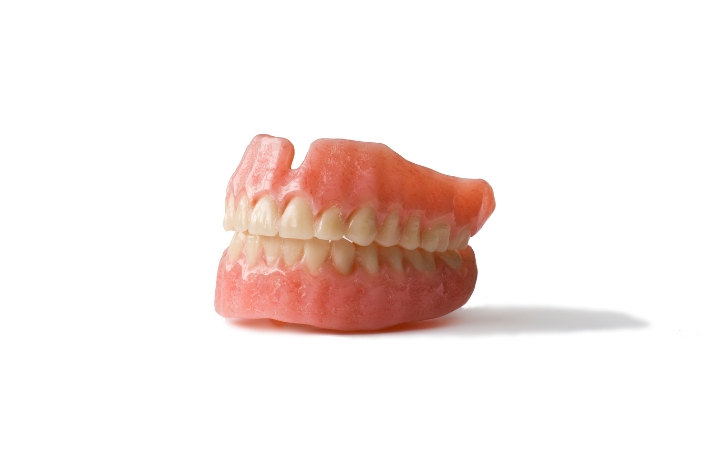What Can You Eat With Dentures?

Several people worldwide suffer from missing teeth. Dentures are one of the most popular tooth replacement options. They not only help to regain functionalities but also enhance speaking and smiling abilities. However, adjusting to dentures might take a little longer than its alternatives. Food choices during the initial phases significantly influence adjusting to the artificial dental structure. Few foods can be uncomfortable to chew initially and can even lead to sores and inflammation of gums. Knowing what to eat will make your transition smooth, without significant discomfort. In this blog, let us know what you should and should not eat after getting dentures.
Soft Foods: Ideal Choice For New Denture Wearers
Immediately after getting your dentures in Cheney, you should focus on eating food that requires minimal chewing and less pressure. Soft-textured foods are gentle on dentures and gums, allowing them to adjust inside the mouth with time. Which foods fall under this category? You can have soups, mashed potatoes, yogurt, smoothins and scrambled eggs. Consuming these foods automatically eliminates the chances of oral injury and damage to the new structure. Your mouth will adjust to this feeling slowly without any irritation while you rely on soft food.
Foods You Should Avoid
Dentures allow patients to enjoy their favorite dishes, but you must avoid a few foods to ensure their longevity and protect your gums. Sticky foods, such as toffees and caramelized foods, are unsuitable for dentures as they are hard to remove and clean. The texture of nuts, popcorn, and even ice is tricky. Avoid them to protect your dentures and avoid gum injuries. Even meat stakes and ribs can be stiff to chew with this form of artificial teeth. You can alternatively look for ground meats and tender cuts.
Chewing Tips For Dentures
After getting dentures, you need to learn how to chew with them to get adjusted to them quickly. During the initial phase, you need to take small bites and chew slowly; this will avoid extreme pressure at once. Be sure to distribute the pressure evenly to all parts of your mouth rather than putting pressure on one side. Several people chew with the front of their mouth; avoid that and chew towards the back side of your mouth. Following these techniques will help you reduce discomfort and quickly adjust to your new set of teeth.
How To Maintain A Balanced Diet With Dentures
Often, people fail to intake the required nutrition levels while maintaining the denture guidelines. You should always maintain a balanced diet, or it can hamper your overall well-being. Try to have steamed vegetables, especially broccoli and carrots. Additionally, bananas and berries can be excellent sources of nutrients for your body. Eggs, chicken, and fish are easy to consume while wearing dentures and are highly nutritious. Let’s not forget dairy products and their numerous advantages in maintaining the stability of our body.
Proper Denture Care for Comfortable Eating
To enjoy eating without discomfort, it’s essential to care for your dentures properly. Regular cleaning ensures that your dentures remain in good condition and prevent bacteria buildup that could cause oral health issues. Brush them gently with a soft-bristle brush and denture cleaner to avoid damage. Soaking them in a denture cleaning solution can help remove plaque. Have your dentures checked and adjusted by your dentist regularly to prevent irritations.
Enjoy Eating With Dentures: Tips For A Comfortable Diet
Living with dentures doesn’t mean you have to limit your food choices drastically. You can enjoy a nutritious and varied diet by sticking to soft foods, avoiding tricky or sticky items, and using proper chewing techniques. Remember to maintain your dentures properly and visit your dentist for regular checkups to ensure long-term comfort.

